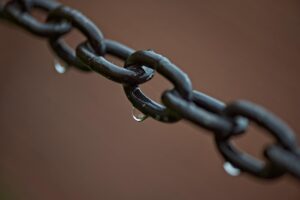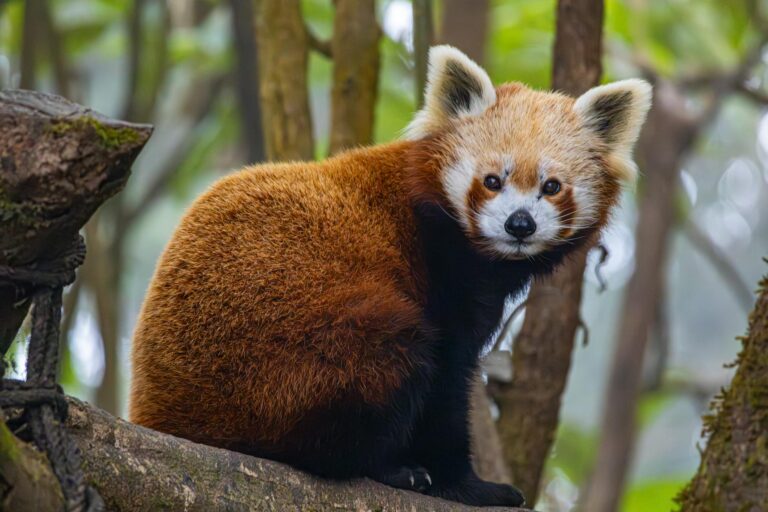Who Gets to Pick the Next Dalai Lama? China’s Power Grab, Explained
Let’s be real—the Dalai Lama isn’t just some monk. For Tibetans, he’s the heart of their identity, their quiet rebellion, and their hope all rolled into one. Now, with the 14th Dalai Lama (yep, Tenzin Gyatso) hitting his late 80s, everyone’s whispering about what comes next. Normally, it’s simple: monks follow sacred signs to find his reincarnation. But here’s the kicker—China’s elbowing its way into the process like an uninvited guest at a wedding. And this? It’s way bigger than religion.
1. How It’s Supposed to Work vs. How China Wants It
The Old-School Way: Visions, Kids, and Weird Tests
Picture this: a bunch of monks meditating for days, deciphering dreams, then trekking across Tibet to quiz toddlers about their past life. Sounds wild, but that’s literally how they found the current Dalai Lama—he recognized his predecessor’s stuff at age two. No paperwork, no politicians. Just faith.
China’s Power Move: Red Tape Over Rituals
But China’s been playing the long game since they marched into Tibet in 1950. Fast forward to 2011—they drop a law saying “no reincarnations without our stamp of approval.” Now they’re straight-up claiming they’ll pick the next Dalai Lama. It’s like your landlord insisting on choosing your next birthday cake.
2. Why China’s Obsessed With Controlling This
Reason #1: Tibet Won’t Sit Down
Here’s the thing—even in exile, the Dalai Lama’s shadow looms large over Tibet. China’s nightmare? A fiery young reincarnation stirring up trouble. So they want a puppet—someone who’ll nod along while Beijing calls the shots.
Religion With Chinese Characteristics
Communists and free-spirited monks? Not exactly best friends. China’s got this state-approved Buddhism where loyalty to the Party trumps enlightenment. A handpicked Dalai Lama would be their ultimate trophy: proof that even saints answer to Beijing.
3. How the World’s Reacting
Tibetans Aren’t Having It
Monks in exile are basically rolling their eyes at China’s demands. The current Dalai Lama’s even hinted his successor might pop up in India—where he’s been chilling since 1959. Talk about a plot twist.
Global Side-Eye
From Washington to Delhi, governments are calling this out as religious bullying. But here’s the catch—if China forces their pick, it could backfire spectacularly. Imagine half the Buddhist world boycotting “Diet Dalai Lama” while the real deal gains followers elsewhere.
4. Three Messy Possibilities
Option 1: China’s Puppet
Beijing installs their guy. Result? Tibetans ignore him, protests flare up, and Buddhism gets a weird East-West split. Kinda like when your parents try to set you up on a date.
Option 2: Exile Election
Monks pick someone in India. China throws a tantrum—pressuring neighbors, blocking visas, flooding the internet with memes about “fake lamas.” Meanwhile, the real successor grows up near Dharamshala eating momos.
Option 3: Total Chaos
Worst case? Two Dalai Lamas—one Beijing-approved, one real. Cue centuries of spiritual authority crumbling like stale temple cookies.
5. Why You Should Care (Even If You’re Not Buddhist)
This isn’t just about Tibet. It’s about whether governments can microwave a spiritual leader like instant noodles. If China gets away with this, what’s next? The Vatican appointing a Communist Pope? The implications are terrifying.
Bottom Line
We’re watching a thousand-year-old tradition collide with modern authoritarianism. The next Dalai Lama could either be chosen by visions in a mountain monastery—or by some bureaucrat in Beijing. And that difference? It’ll echo far beyond the Himalayas.
Source: Navbharat Times – Default










